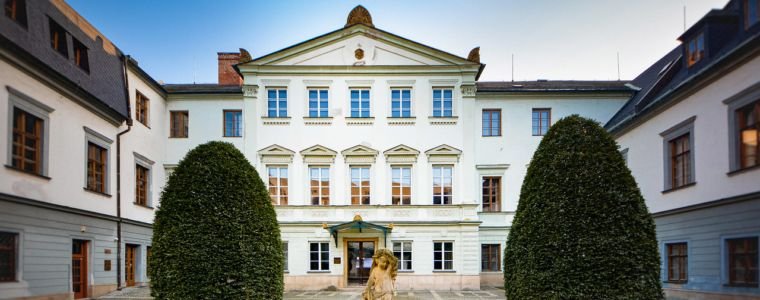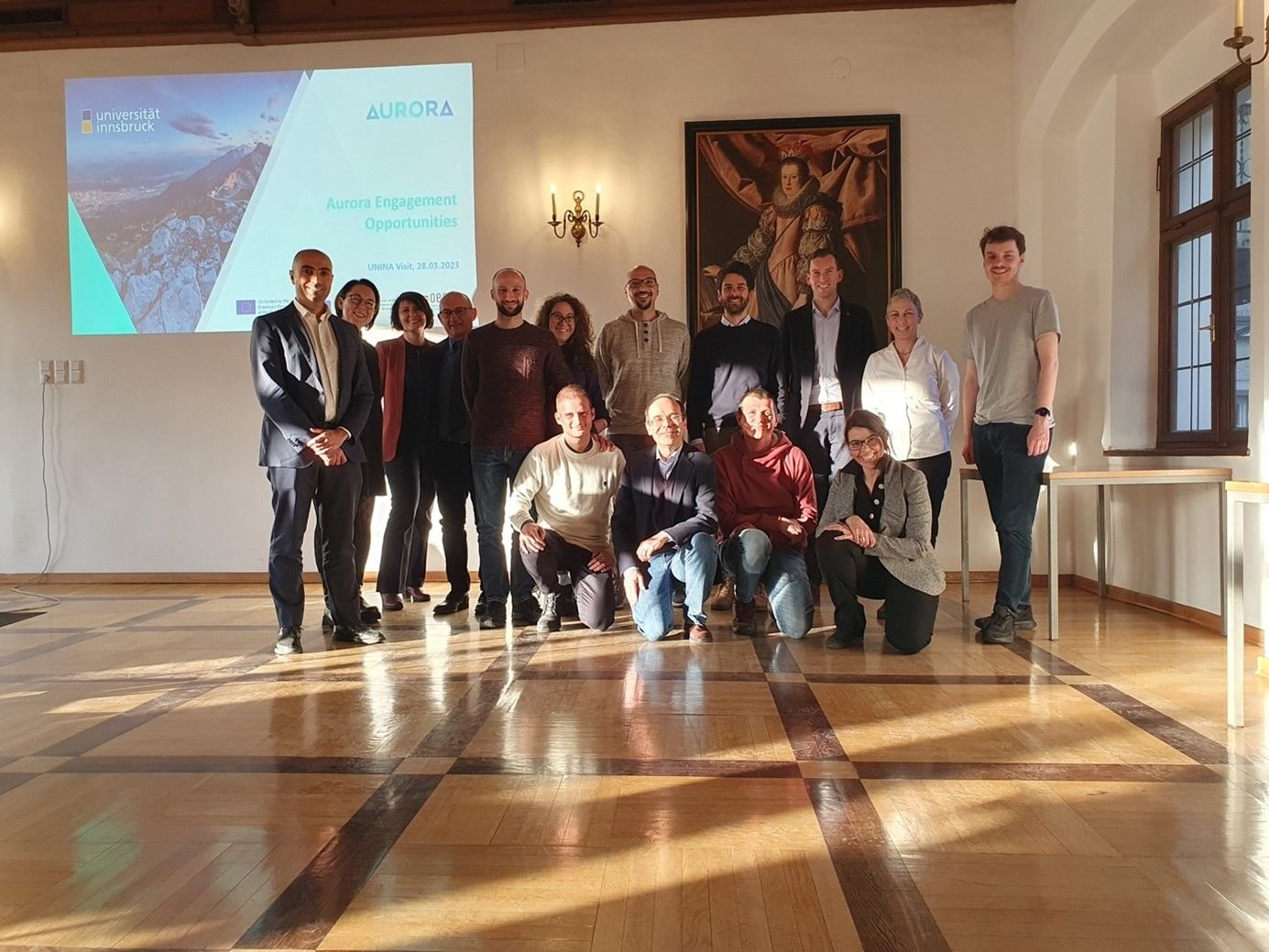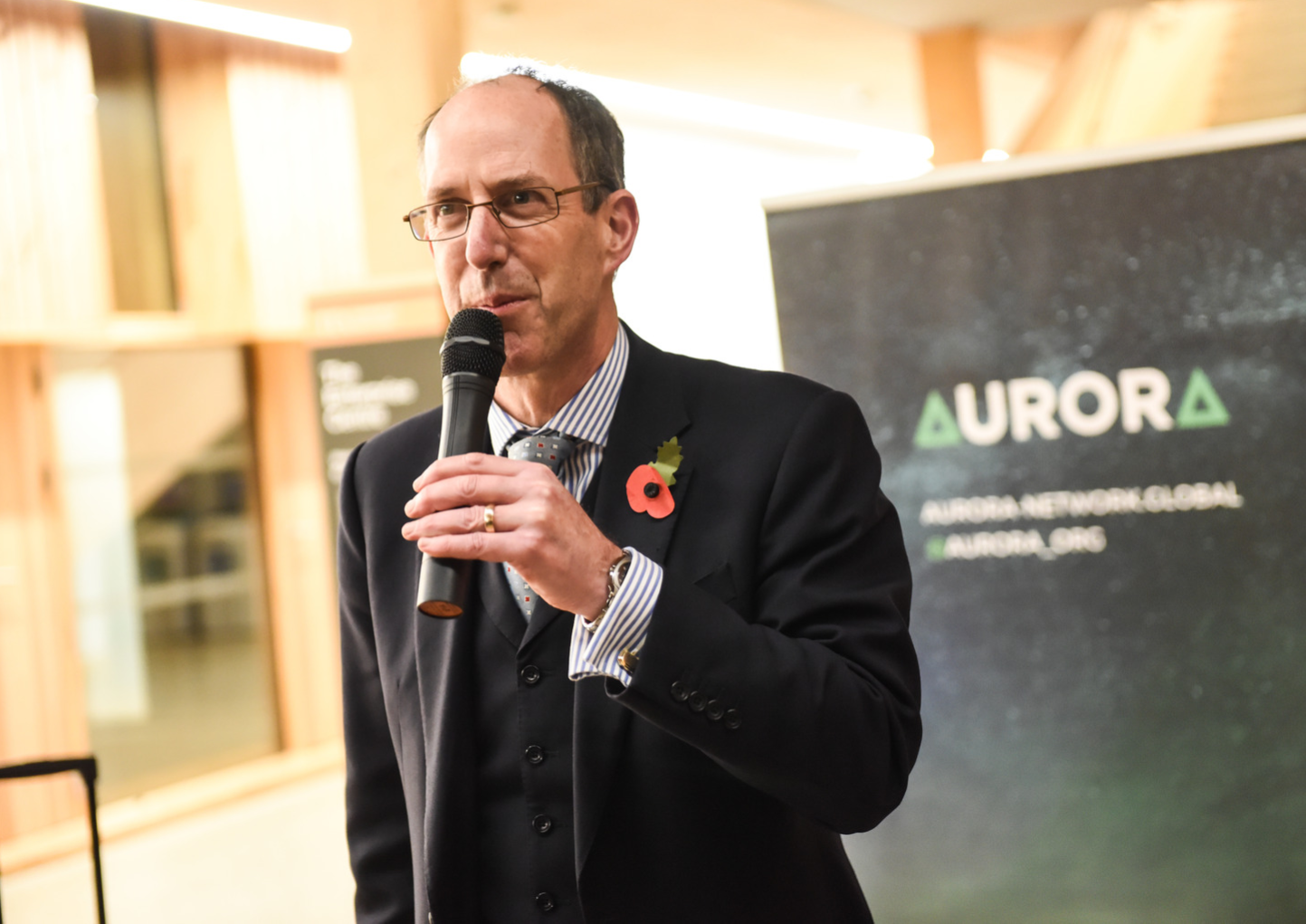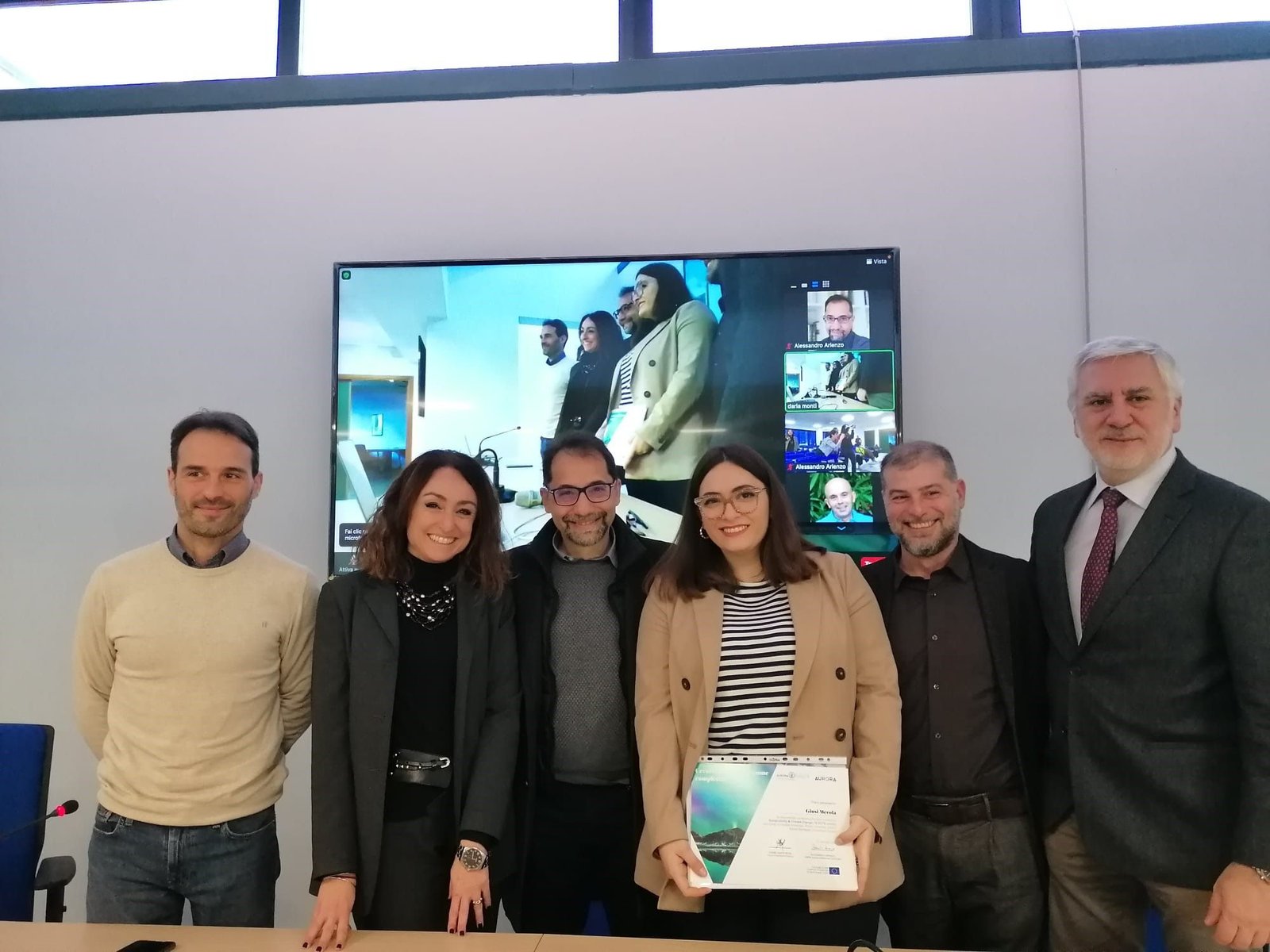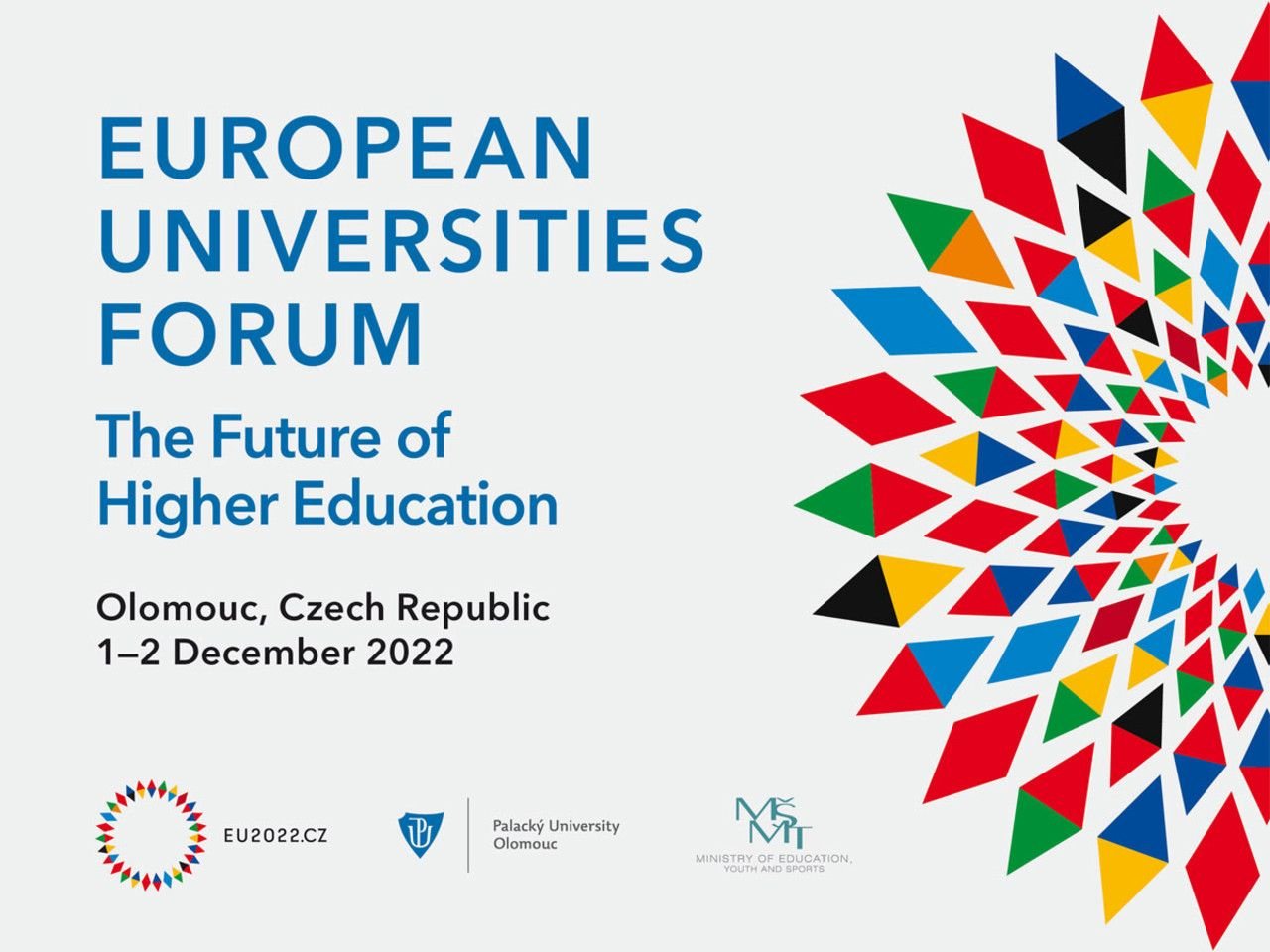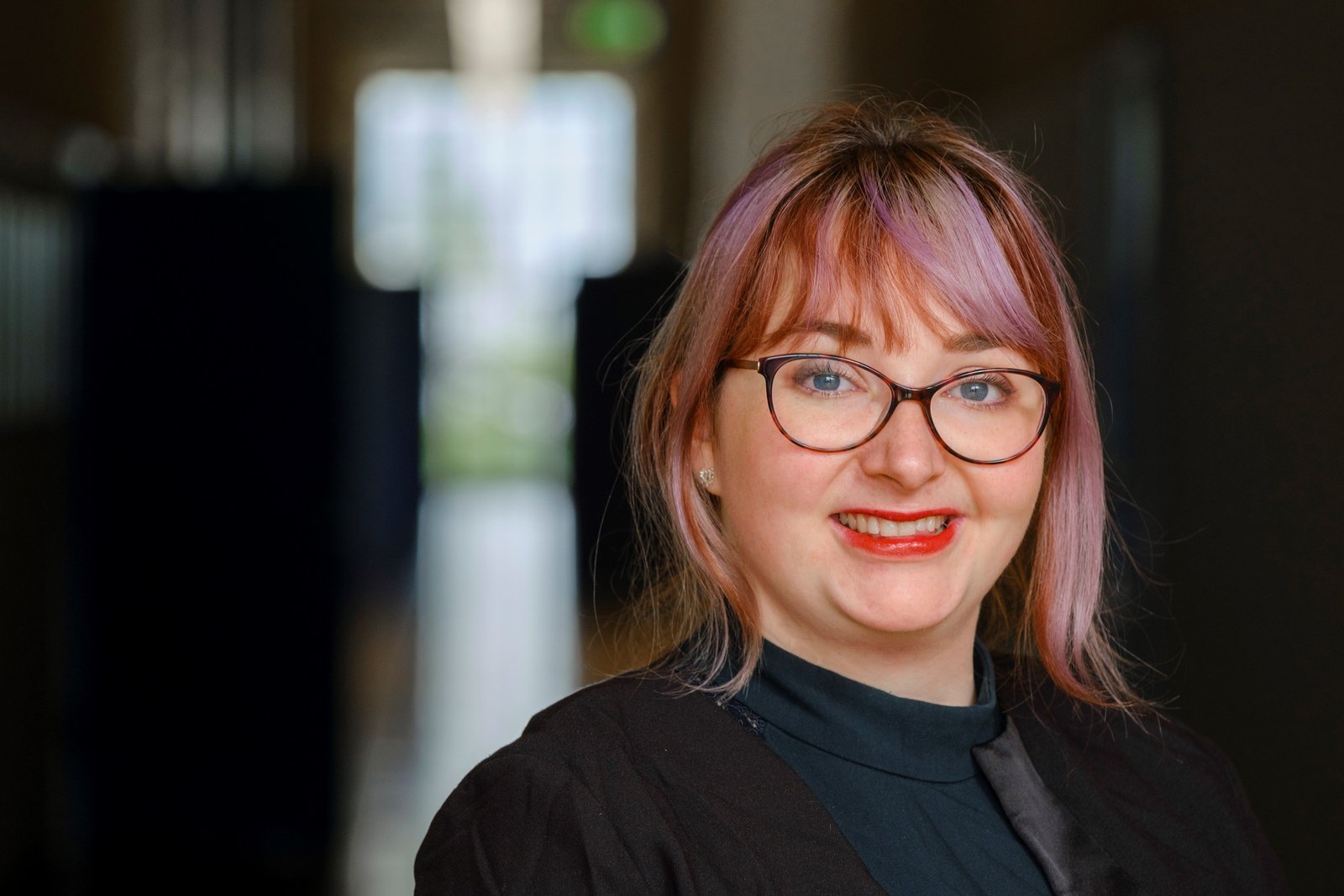On the 1st and 2nd of December, Palacký University Olomouc organised the European Universities Forum. This high-level event, organised in the light of the Czech EU presidency, provided its participants an opportunity to discuss and assess the role of European Universities Initiative pilot phase in the Czech higher education context and within the European aims of building the Higher Education Area.
This forum was opened by the Czech Deputy-Minister for Education Radka Wildova, who stressed the importance of European Universities, which is a priority for the ministry, and praised the Aurora Alliance for its excellent implementation of the initiative’s lofty ambitions.
Following the Deputy-Minister, UP Rector Martin Prochazka’s opening speech pointed in the direction of expressing the importance of European university Alliances in the national higher-education framework as well as overall progress of Aurora Alliance inseparable from institutional contributions of each dedicated member of the Aurora team working together. He noted the excellent feedback received from the Commission for Aurora results so far, who described Aurora as an Alliance that “has made remarkable progress and can serve as a model of what is possible to achieve as an alliance.”
We welcome you to take a look at the aftermovie of the event. Below you can find a detailed report of the various panels and workshops.
Day 1 – High-level Panels
Panel 1: State of Multilateral Collaboration and Support to European University Initiative
This opening panel was moderated by Michal Malacka, Vice-Rector for Strategy and Regional Affairs at Palacký University Olomouc and featured contributions from Ioana Dewandeler, Higher Education Policy Officer at the European Commission; Emmanuelle Gardan, Director of the Coimbra Group of Universities; Tilmann Märk, Rector of the University of Innsbruck; Thomas Estermann, Director of the European Universities Association; and Thomas Baumgartner, Aurora Institutional Coordinator at the University of Innsbruck.
The panel focused on the significance of the European University Initiative as a flagship program of European Higher Education with synergies concerning the European Research and Innovation Area, and its overall contribution to the European Strategy for Universities. It brought to the fore importance of a supportive multilateral environment for European University Alliances and their long-term sustainability.
European Commission representative, Ioana Dewandeler shared a long-term vision and policy support for the European University Alliances stemming from EU Council’s conclusions in May 2021, stressing both finical support until 2030 but also how being part of Alliances contributes to strong and diverse universities which are crucial to the growth of higher education institutions in Europe aligned with European University Strategy and discussed priority areas such as inclusion, student-centered approach, international cooperation, future proof skills and green and digital transition.
Rector Märk, representing both Aurora Alliance and his institution reminded us of institutional integration of the alliance results as a way forward to achieving a real transformative impact across our universities. Making alliance European level results strategically embedded within our universities as a way forward towards achieving the aimed goals of institutional relevance.
Thomas Estermann pointed out right governance models – aligning institutional governance with overarching Alliance one and mainlining enthusiastic group of people running the programme brining n board more and more academic staff as crucial to continuity needed to achieve real change (bottom-up matching the top down). Other panelists discussed EUN Alliances being role models for the entire sector, inspiring institutions who are not part of the initiative to promote the necessary changes in society.
Panel 2: Ambitions, Challenges & Best Practices of Pioneering European University Alliances
In this second high-level panel, moderated by Roman Klepetko and Lenka Procházková of the Czech National Agency for International Education and Research, Michal Malacka, Pavel Doleček, Břetislav Dančák, Zbyněk Škvor, and Snježana Prijić-Samaržija discussed the key elements for the implementation of the joint vision, mission and strategies of the European University Alliances by zooming in on the transformative leadership, co-engagement and governance models in a transnational European context, and with a reference to regional geopolitical challenges, including the war in Ukraine.
The panel was preceded by an opening speech by Tetyana Kaganovska, Rector of V.N. Karazin Kharkiv National University reminding us how political context can force institutional challenges that need situational ad hoc solutions and how the strength of Alliances already working in the region such as Aurora with Capacity building programme proved to be crucial in urgent responses needed to adapt to new working circumstances.
Rector Snježana Prijić-Samaržija from Rijeka University pointed out how a project-based approach vs an institutional-based approach (from vertical to horizontal) is important and introduced functional integration in the context of decentralised universities as relevant to the success of EUN goals. YUFE Alliance aims for alliance of faculties as well and in that way supports the institutionalisation of the EUN goals. The representatives from CVUT, Masaryk University, and Charles University focused on the Czech national context and collaboration across Alliances to create real momentum for change in Czech legislation toward facilitating more institutional internationalisation in education.
The panel concluded how strategic alignment, policy and funding and scaling up programme managerial teams and bilateral institutional partnerships as well as sending off the right signal to active stakeholders in EUN initiative at national and European level is of crucial importance for the overarching ambition of the programme.
Day 2 – Workshops
European University Alliances – Research and Innovation
This workshop brought together representatives from all Czech alliances focusing on the most tangible results of the Science with and for Society(Horizon2020) project on the institutional level. They discussed the challenges and best practices of aligning our research resources so far across the Alliances members, and how to move ahead beyond the pilot phase.
Some conclusions of the workshop are that there are notable key differences and similarities; and that we are all tackling similar challenges: Engagement of researchers, Lack of funding, Cultural differences, and different structures: some universities have centralised bureaus for research support and infrastructures, others are decentralized, managed by individual faculties or other bodies, and National context, co-funding as well as Fragmentation of projects, described by Pavel Senderak as a “project jungle”. However, the joint discussion of values and objectives showcased a lot of similarities in terms of priority areas such as Sustainability, climate, environment, Health and Wellbeing, Digitalisation, Democracy and citizen engagement, Equality and Inclusion and more as well as common objectives of promoting Open Science, Sharing Infrastructure, increasing Research support collaboration, and aiming towards the HR transformation across the institutions.
European University Alliances and Governance Models –Deepened Collaboration
In this workshop we had project managers from all Czech and guest Alliances engaging together in sharing the transnational cooperation models so far i.e., governance prototypes established, and how do they contribute to the implementation of the common vision, strategy, and activities of the EUN Alliances.
The focus was also on student and staff participation and inter-university campuses after the pilot phase, focusing on improvements in the next phase. Aurora, YUFE, EDUC, EUROTEQ all presented their own innovative and new, systemic, cooperation models with new ideas in moving forward. The discussion has been most fruitful and revealed how project management and governance have been overlapping greatly from the beginning of all alliance programs.
After the pilot phase, most alliances required detailed fleshing out of roles and responsibilities for key positions such as programme directors, institutional coordinators, governing board, and central offices, further defining the mandates and workflows. Daniela Trani, programme director of YUFE presented a governance model which recognised the growth of the project portfolio and with that revision of the governance too. Alma Ágústsdóttir, Aurora Student Council President reminded us of the active role of students in the governance model of Aurora which is also given more prominence in the next phase with the entire task team dedicated to this. Dr Selma Porobic, workshop moderator and Aurora Alliance UP Coordinator concluded the workshop by underlining how governance with decision-making process is a continuous effort with further elaboration needed in all Alliances and how this is in line with the very objectives of creating trans-institutional organisation that EUNs aspire to be.
European University Alliances, Challenged-based Approach and Stakeholder Engagement
The third workshop featured a high-level round table discussion. Led Otakar Fojt, research attaché at the British Embassy and chair of the Palacky University Board of Trustees, the discussion brought together various local and international stakeholders to talk about how European Universities can better collaborate with external stakeholders.
During the discussion, the group identified the three main levels of stakeholder cooperation: the global; the European; and the regional level. Moreover, the distinction between governmental and private stakeholders was highlighted.
The global level poses many complications for European Universities, having to strike a balance between institutional preferences and geopolitical developments and tensions.
On the European level, the discussion focused on the need for effective lobbying and engagement of various European stakeholders. It was concluded that in order to effectively reach the various European stakeholders, it is important to provide a unified message, using the appropriate channels, such as the ForEU-platform and established university networks. More can be done to connect European Universities to European-level industrial and business umbrella organisations.
In order to facilitate cooperation on the regional level, the importance of careful matchmaking between the most compatible regions. To facilitate this, clear regional profiles should be made, featuring among other aspects the region’s strategic plans and particular regional strengths. The sharing of such information would allow for the targeted development of cooperation between the various concerned regions, allowing them to bundle forces where relevant.
The overall conclusion was that European Universities can play an important role in connecting diverse stakeholders, by uniting and connecting various fragmented efforts. To achieve this, a clear and unified message is paramount.
For more on the European Universities forum, place take a look a the short interviews and statements below:
Interview – Radka Wildová: https://youtu.be/cJLMPlF80Bg
Interview – Martin Procházka: https://youtu.be/pIKRn4bq1b0
Interview – Anne-May Jansen: https://youtu.be/wJiJm51rRh4
Interview – Thomas Estermann: https://youtu.be/F0hvOE0oqeM
Interview – Pavel Doleček: https://youtu.be/aqHyF2Rs2UE

